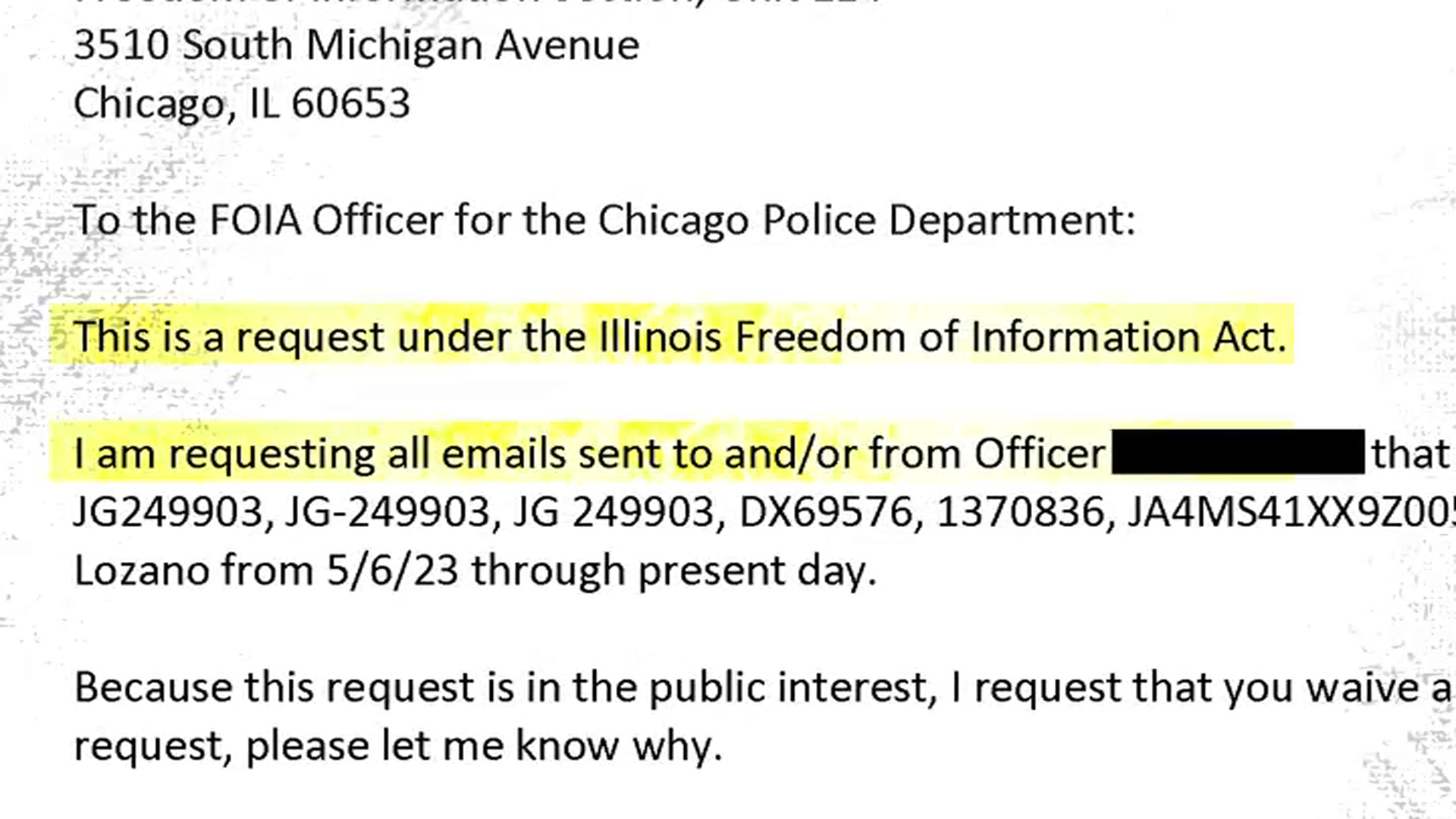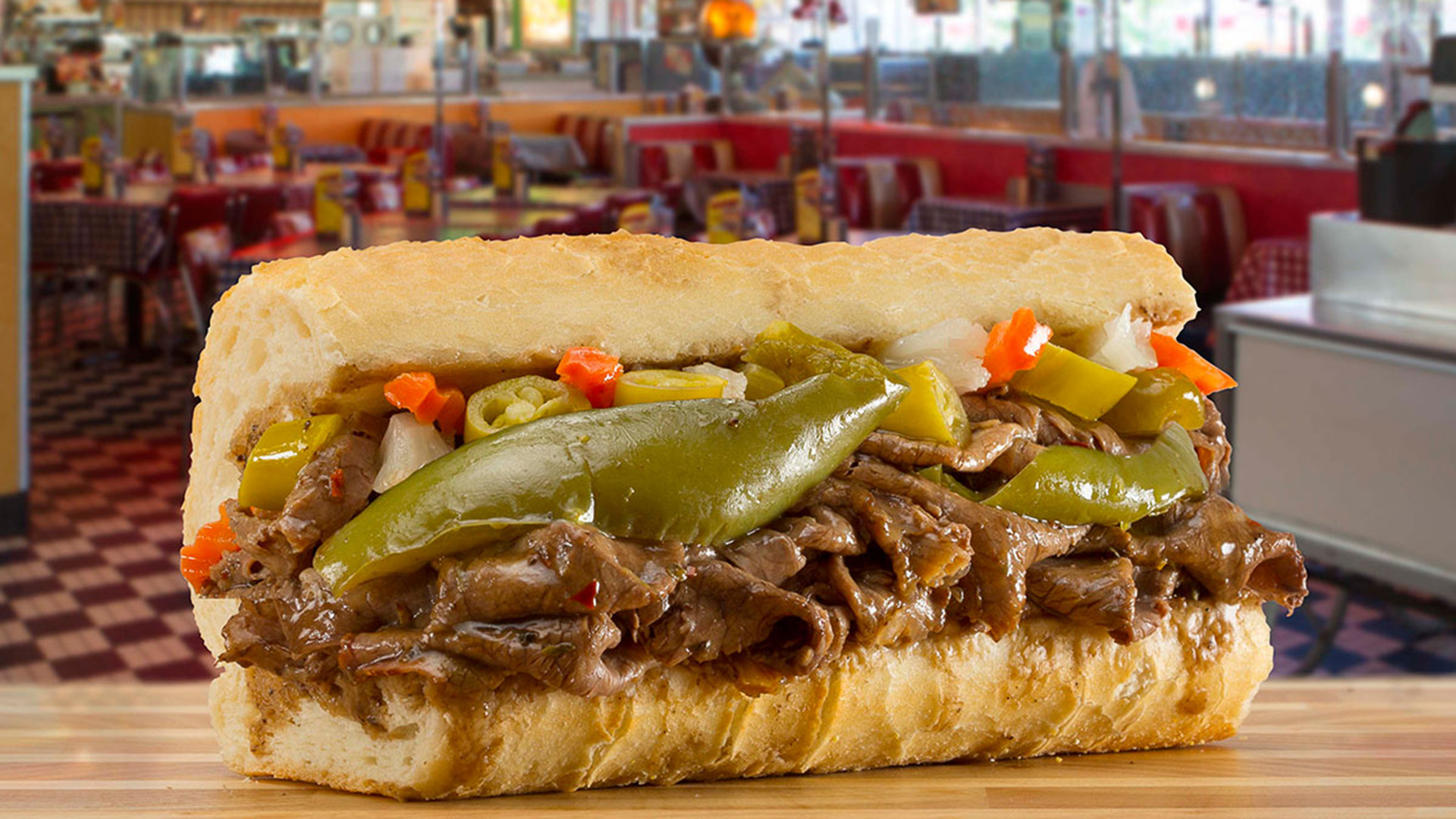In 2017, an Evanston man sued the north suburb’s police department for excessive use of force and false arrest stemming from a 2015 traffic stop in which he was pulled over for suspected car theft while driving his own vehicle. Now, the City of Evanston has agreed to settle the 28-year-old's lawsuit.
The trial on the Crosby lawsuit against the police commenced on January 10, 2019, and according to officials, the parties agreed to a settlement before jury selection began.
"Upon announcement of the settlement, Mr. (Lawrence) Crosby commented, 'I brought this case to clear my name and to seek accountability against the police for prosecuting me for crimes I did not commit,' the statement released said.
The $1.25 million settlement however, still needs to be approved by the City Council on Jan. 28, 2019.
Evanston police released dashboard video recordings in 2017 of officers arresting Lawrence Crosby. The video also included audio of the call made to a 911 dispatcher reporting a man stealing a car, and audio recorded by Crosby’s own dash-mounted camera inside his vehicle.
Crosby was stopped, while driving his own car, in the 1500 block of Ridge Avenue in Evanston about 7 p.m. Oct. 5, 2015, according to the lawsuit filed in Cook County Circuit Court.
In the video, a woman calls police to report an African American man in a hoodie who looked like he was breaking into a car at Sherman Avenue and Seward Street in Evanston. She tells the dispatcher the man was standing by the car with a long bar in his hands, and looked like he was trying to pry open the door.
Local
Eight @ 8 on Jan. 19, 2019: Week In Review
“I don’t know if I’m racial profiling,” the woman says to the dispatcher. “I feel bad.”
Crosby’s attorney, Tim Touhy, said his client left his apartment in Evanston, fixed a piece of loose molding on his car, and was driving to Northwestern University—where he was pursuing a doctorate in engineering—when he was pulled over.
Shortly after the woman worried she was racially profiling, Crosby can be heard saying he’s concerned that the woman thinks he was trying to steal the car, and says a black man can’t fix his car at night without someone thinking he’s stealing it.
When Crosby drove away, the woman followed him in her own vehicle and continued to report his location to police, who pulled Crosby over a short time later.
Once his car is stopped, Crosby gets out of the vehicle with his hands in the air and tells officers he owns the car. The officers shout at Crosby, approach him with guns drawn, and pull him to the ground. They place him in handcuffs as he continues to tell them that he owns the car and has documentation for it.
Later, when officers learned that Crosby was the registered owner of the car and had a valid license, they decided to charge him with disobeying a police officer and resisting arrest, Touhy said in a statement. Crosby was acquitted of the charges on March 9, 2016, in Cook County Circuit Court.
The five-count suit accuses the officers of malicious prosecution, battery and use of force, failure to prevent battery and use of force, vicarious liability and conspiracy. It names the City of Evanston and four police officers as defendants.
"The settlement is a compromise of disputed claims and the parties have not admitted any liability or the validity of any defense in the litigation," said the city in a statement. "The settlement must be approved by the Evanston City Council in open session. Settlement agreement is scheduled to be considered by the City Council at its January 28, 2019 meeting."
Crosby says he now wants to work on helping others to talk about implicit bias. He says it only happened because of his race and wants to try to stop a similar incident from happening to anyone else.
"Throughout my twenty-eight years on this Earth, I have tried to conduct myself in a responsible fashion," Crosby said in a statement. "I thought, through hard work and following the rules of American society, I would earn the respect of others and be able to make a meaningful contribution to society as a scientist. I have been committed to treating people with respect and dignity. Throughout my life, I have respected and followed the rules, whether they were the rules of the road or the rules of physics. I have not presumed that certain people or ethnic groups will act in a certain way. I have shunned stereotypes, choosing, instead, to evaluate each individual as the person that they are. Every day I remind myself not to judge a book by its cover and not to judge a person by their color, their age, gender, or ethnicity."



